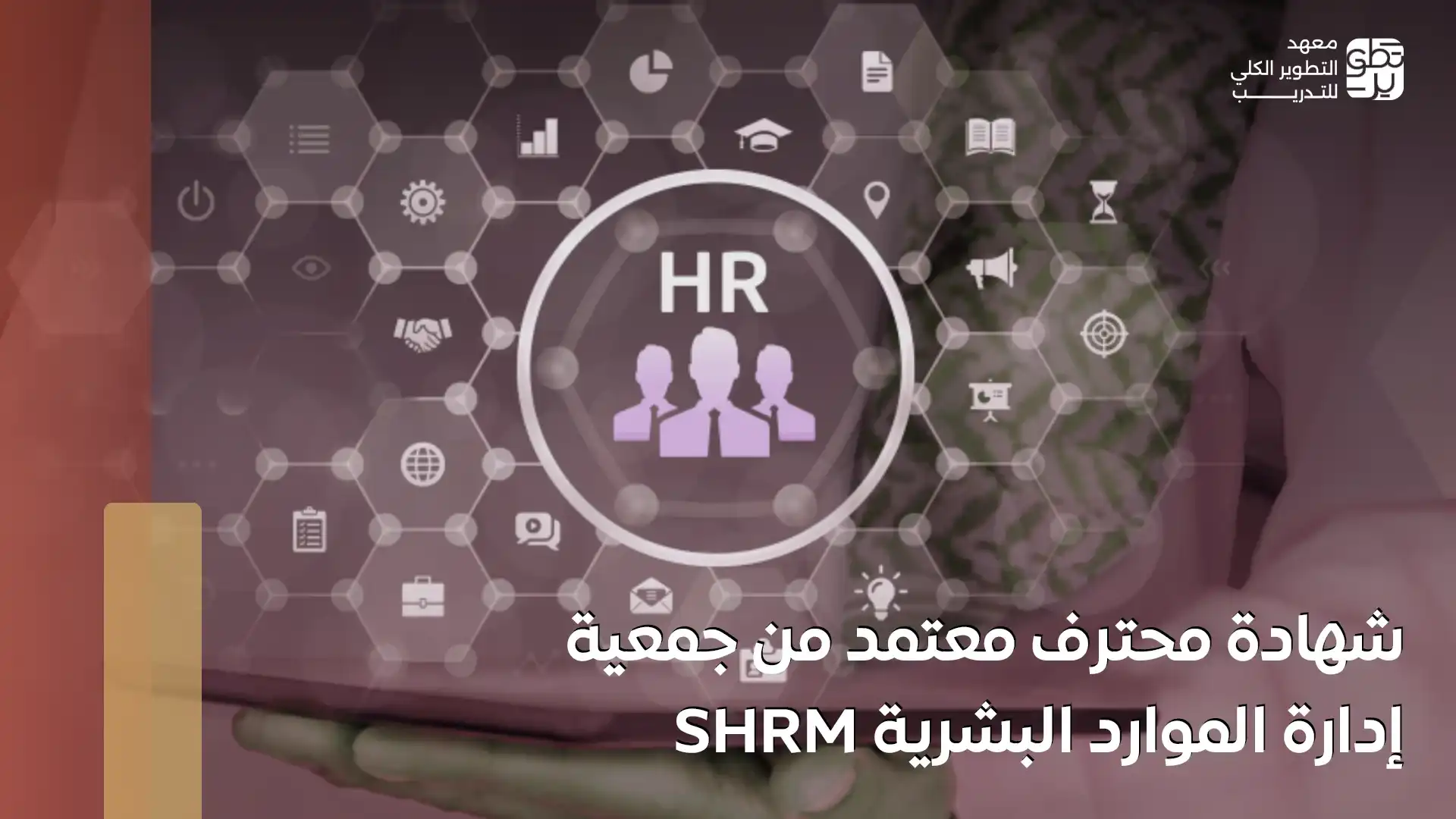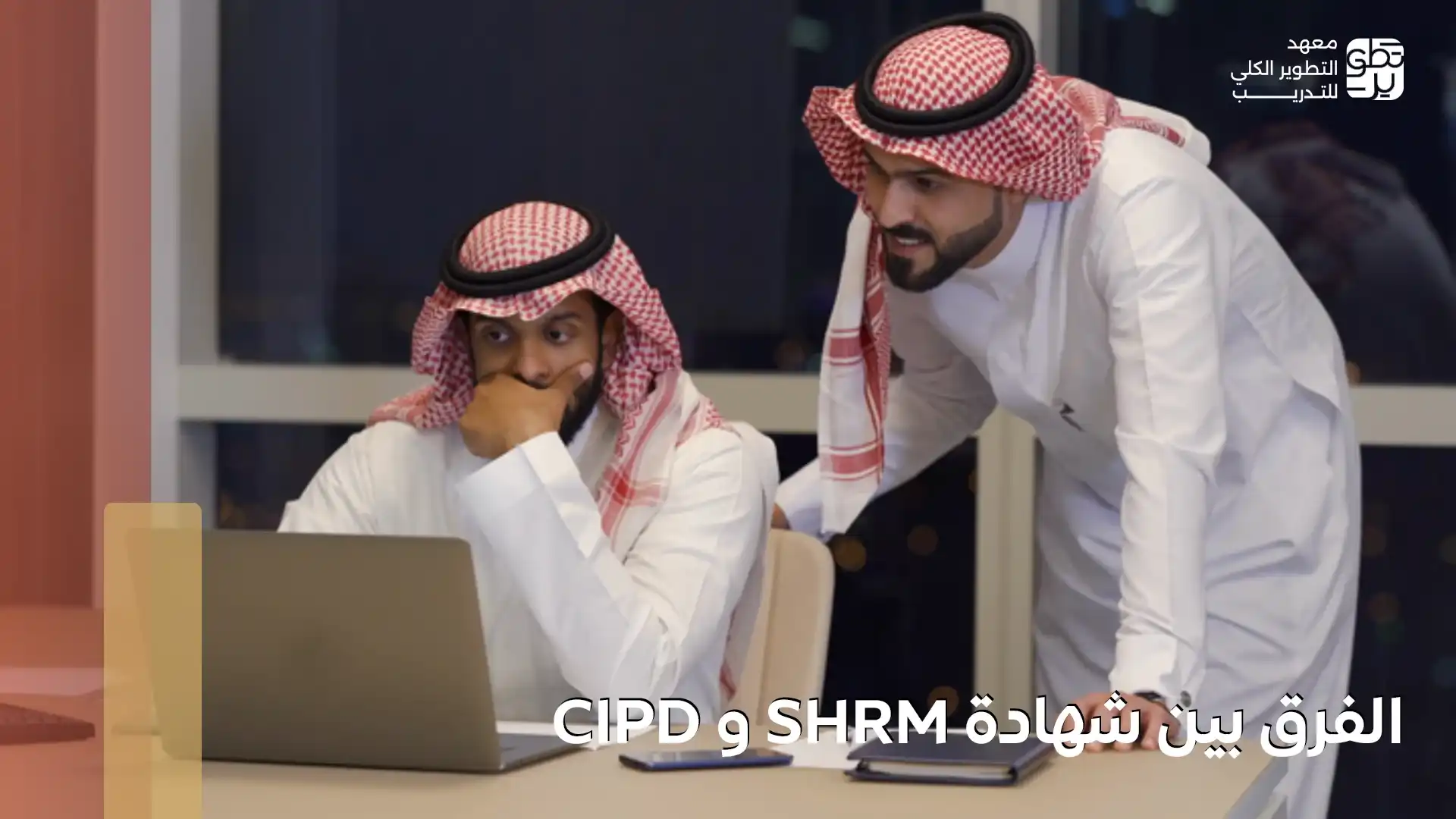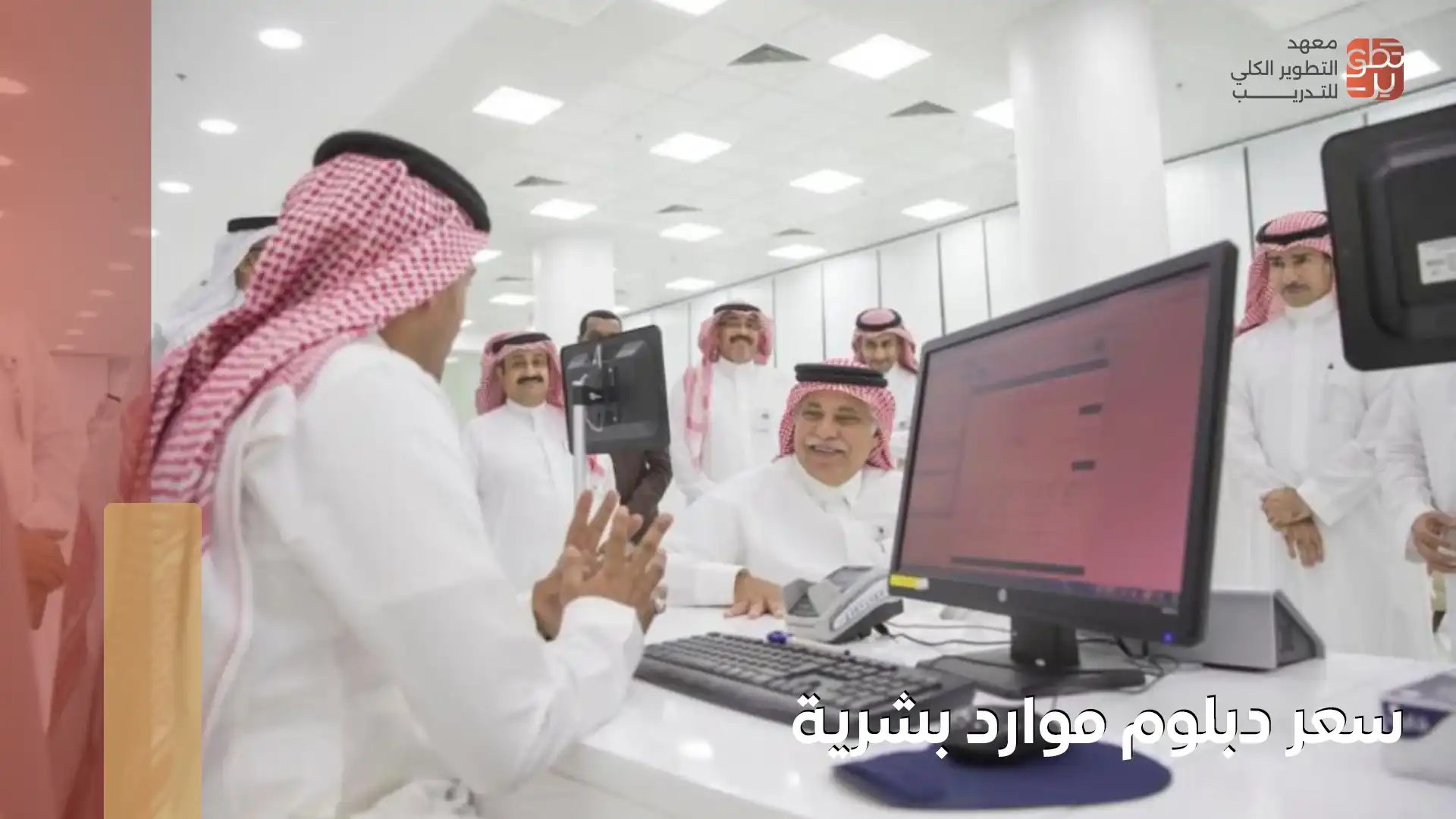
In our current era, many people strive to develop themselves even after obtaining a bachelor's degree, and the field of Human Resource Management (HRM) is no different. This specialization is no longer limited to employee affairs but has expanded to include areas such as recruitment, training, performance evaluation, and career path planning.
This is where the importance of a Human Resource Diploma for graduates comes into play. It is a practical step that provides you with deeper knowledge and opens new career opportunities in an ever-evolving job market.
About the Human Resource Diploma for Graduates
The Postgraduate Diploma in Human Resource Management (HRM) is a significant step in the career journey of university graduates who are looking to enhance their skills in the field of human resources.
The purpose of the HRM diploma is to prepare professionals who can apply contemporary best practices, such as recruitment, training, performance evaluation, and employee relations. The diploma typically combines theoretical knowledge and practical skills, whether through case studies or training projects, to equip trainees to adapt to real-world challenges in modern organizations.
Benefits of Studying the HR Diploma
Studying the Human Resource Diploma for graduates provides several important advantages beyond acquiring additional skills and knowledge, including:
- Developing Knowledge and Skills: Gain a deep understanding of HR principles, strategic management, and organizational behavior.
- Professional Recognition: Enhance your credibility in the sector and demonstrate your commitment to the HR field.
- Wider Job Opportunities: Access higher-level HR positions with greater responsibilities.
- Increased Income Potential: Higher qualifications increase your chances of securing better-paying positions.
- Networking: Build relationships with experts and colleagues in the field to support your professional growth.
At MDIT (Macro Development Institute for Training), we offer diverse programs in Human Resource Management. You can learn more about the benefits of HRM courses and their features by reading the article or contacting us directly. We are always here to assist you.
Objectives of the HR Diploma for Graduates
The Postgraduate Diploma in Human Resource Management aims to prepare specialized personnel who can combine theoretical knowledge with practical skills in the HR field. Some of the main objectives of the diploma are:
- Managing Employee Affairs Efficiently: Including recruitment, staffing, and performance evaluation using the latest tools and analytics.
- Understanding Laws and Regulations: Knowledge of labor systems and local and international legislations to ensure compliance and fairness in the workplace.
- Training and Development: Designing effective strategies to enhance employee skills and improve organizational performance.
- Strategic HR Planning: Aligning HR policies with organizational goals and long-term vision.
- Using Modern Tools: HRIS systems and data analytics to make evidence-based decisions.
- Enhancing Leadership and Communication Skills: Fostering interaction with employees and senior management, resolving conflicts, and building strong teams.
- Promoting Ethical Awareness: Embedding values of fairness, transparency, and equality in HR practices.
- Embracing Digital Transformation: Applying modern technologies like AI and e-assessment tools in recruitment and performance management.
If you are keen on obtaining HR certifications to strengthen your career, but are confused about the difference between SHRM and CIPD certifications, we recommend you visit the previous article. It contains all the detailed information about the advantages, disadvantages, costs, and best accredited places to obtain these certifications.
Content of the Postgraduate HR Diploma for Graduates
The HR Diploma program covers a comprehensive set of topics that combine practical application with strategic knowledge, aiming to prepare trainees for advanced roles in HR. The key topics include:
- Recruitment and Human Resource Development: Such as job analysis, workforce planning, design, sourcing, and hiring. The program teaches how to design effective strategies to attract the best talents.
- Training and Performance Development: Includes needs analysis, training program design, evaluating training impact, and planning professional development paths.
- Performance Management and Career Planning: Includes performance evaluation systems, setting key performance indicators (KPIs), and career path planning.
- Labor Relations and Labor Laws: A comprehensive understanding of labor systems, professional relationships, and regulations to ensure corporate compliance.
- Leadership and Organizational Behavior: Studying organizational culture, group behavior, and the role of leadership in motivating performance.
- Modern HR Strategies and Digital Transformation: Including global HR strategies, system updates, and innovations like digital analysis using HRIS and HR Analytics tools.
For more details about the content and subjects of the Postgraduate HR Diploma, please contact us or send us a message via WhatsApp, and we will provide you with additional information.
Jobs for Graduates with a Postgraduate HR Diploma
Obtaining a certified Postgraduate Diploma in Human Resource Management opens up a wide range of career opportunities in the field, suited to various experience levels:
- Recruitment Specialist: Responsible for attracting suitable candidates by designing effective job descriptions, screening CVs, and managing interviews until hire.
- Training & Development Specialist: Identifies training needs, develops programs to enhance employee performance, and evaluates the impact of training.
- Employee Relations Specialist: Manages employee relations, resolves disputes, and applies workplace regulations.
- HR Analyst: Processes data, prepares HR performance reports, and assists management in making strategic decisions based on accurate data.
- HR Manager/Coordinator: Coordinates daily HR operations or manages the department, setting policies and organizational strategies.
- HR Consultant in Large Companies: Provides advice on developmental projects such as improving corporate culture or restructuring departments, acting as a partner in transformation initiatives.
The HR profession is continuously evolving, and the importance of the Human Resource Diploma for graduates is growing, especially in roles such as HR Business Partner, which requires a balance between strategy and relationships. This marks the modern shift in the profession from administrative tasks to strategic roles, making it a key driver of workplace development.
In conclusion, the HR field is one of the most dynamic and expanding fields, with increasing opportunities as the scope of work expands. All you need is to determine the direction you want to specialize in to understand the skills you need to acquire.
The most important frequently asked questions about the Diploma in Human Resources for Universities
What is a Diploma in Human Resources?
It is a training or academic program that provides you with skills and practical knowledge in recruitment, training, performance appraisal, and personnel management.
Does HR specialization have a future?
Certainly, it has a broad future, and the demand for it is increasing with economic transformations and institutional expansion in Saudi Arabia and the world.















